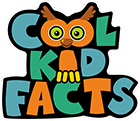15 Amazing Facts about Maya Angelou for Kids
Maya Angelou (1928-2014), an author, poet, and civil rights activist, gained popularity for her autobiographical works, including “I Know Why the Caged Bird Sings.”Born in St. Louis, Missouri, Angelou endured a difficult childhood and early adulthood marked by poverty, discrimination, and trauma.
Despite these challenges, she achieved great success as a writer and performer, using her voice to champion the cause of civil rights and social justice.
Angelou’s powerful and lyrical writing has inspired generations of readers and continues to be celebrated for its honesty, empathy, and courage.
Throughout her life, Maya Angelou received numerous honours and awards, such as the Presidential Medal of Freedom, and her enduring impact on American literature and society is a testament to her lasting legacy.
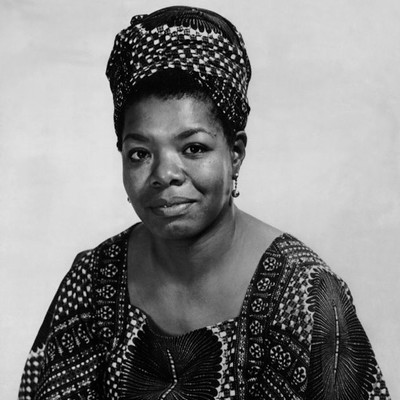
Who is Maya Angelou?
Maya Angelou, a celebrated American author, poet, and civil rights activist, was born in St. Louis, Missouri in 1928 and experienced a challenging childhood that was defined by poverty, discrimination, and trauma.
Despite these challenges, she went on to achieve great success in her writing career, becoming one of the most renowned and respected authors of the 20th century.
Angelou is best recognized for her works, in addition to “I Know Why the Caged Bird Sings,” which is regarded as a classic of African-American literature.
She also worked as a journalist, actress, and civil rights activist, using her voice and platform to speak out against injustice and inequality.
Angelou received countless honors and distinctions throughout her life, including the Presidential Medal of Freedom, and her writing continues to influence and uplift millions of readers worldwide.
Fun facts about Maya Angelou
1. Early Life and Name:
On April 4, 1928, Marguerite Annie Johnson was given birth to Maya Angelou in St. Louis, Missouri.
She received the moniker “Maya” from her older brother, Bailey, and she has carried it with her throughout her life.
Angelou’s early life was marked by hardship and trauma, including being raped at seven, but she found solace in literature and writing.
2. Childhood Trauma:
Maya was sexually raped by her mother’s love when she was eight years old. She suffered so severe trauma from the event that she was unable to talk for five years.
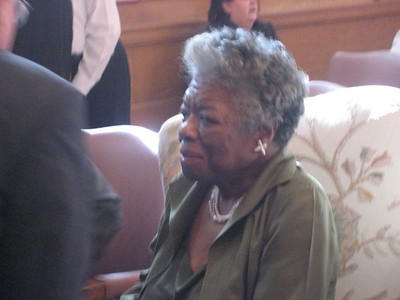
Despite the trauma of her childhood, Maya eventually found her voice again through literature and poetry, becoming a powerful voice for social justice and an inspiration to generations of readers and activists.
3. First Job:
Maya was a streetcar conductor in San Francisco when she was a little girl.
She was the first woman of color to hold this position. Maya’s experience as a streetcar conductor provided her with her first taste of financial independence and helped her to develop a strong work ethic that she would carry with her throughout her life.
4. Traveling the World:
Angelou worked as a dancer and singer in the 1950s and traveled to Europe and Africa to perform.
Maya Angelou acquired fluency in several languages while traveling, including French, Spanish, Italian, Arabic, and Fanti.
Her exposure to different cultures and languages influenced her writing, and she often incorporated elements of her travels into her work.
5. Acting Career:
In addition to her writing career, Angelou had a successful acting career, appearing in films such as “Poetic Justice” and “Madea’s Family Reunion.”Angelou’s acting roles often reflected her commitment to representing the stories and experiences of African Americans on screen, and she was known for bringing a powerful presence and depth to her performances.
6. Civil Rights Activism:
Angelou was an active participant in the Civil Rights Movement, working alongside Martin Luther King Jr. and Malcolm X.
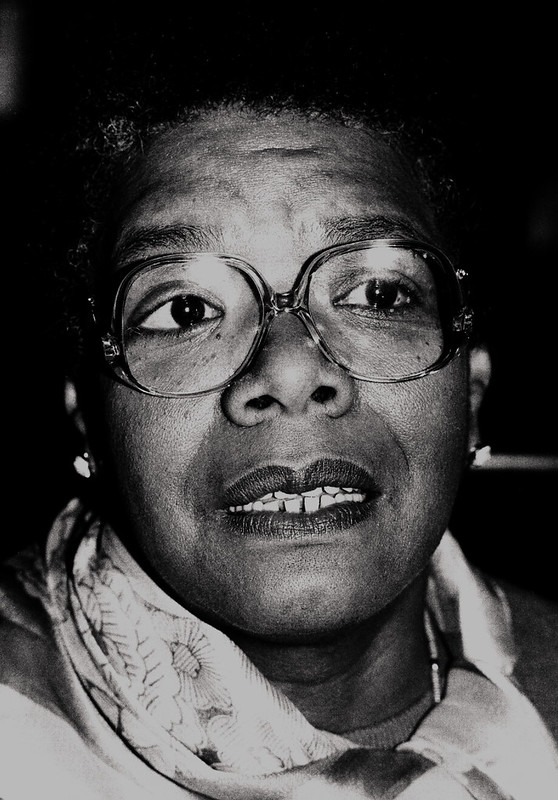
7. Presidential Connection:
Angelou was the first poet to read at a presidential inauguration since Robert Frost in 1961.
In 1993, she performed her poem “On the Pulse of Morning” during the inauguration of President Bill Clinton.
8. Grammy Award:
Angelou’s Grammy Award win for “On the Pulse of Morning” was particularly significant because it made her the first African American woman to win a Grammy in the spoken word category.
The album contains a famous recital of Angelou’s poetry during the 1993 inauguration of President Bill Clinton.
9. Olympic Torchbearer:
Angelou was selected to carry the Olympic torch during the Atlanta Summer Games in 1996.
Angelou’s selection as an Olympic Torchbearer was a testament to her enduring legacy as a cultural icon and activist.
Her participation in the Olympic torch relay was also a symbolic gesture of unity and hope for the international community.
10. Cookbook Author:
In addition to her other writing, Angelou also wrote a cookbook called “Hallelujah! The Welcome Table.” Hallelujah! The Welcome Table” is not just a cookbook, but also includes personal anecdotes and reflections on food and its role in Angelou’s life.
The cookbook features recipes ranging from traditional Southern dishes to international cuisine.
11. Language Mastery:
Languages like French, Spanish, Italian, Arabic, and Fanti were all ones that Angelou spoke with ease.
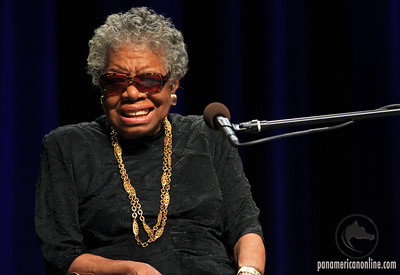
Throughout her life, Angelou was able to communicate with people from various communities and cultures thanks to her multilingual proficiency.
Her language skills also gave her a unique perspective on the world, which she often incorporated into her writing and activism.
12. Presidential Medal of Freedom:
In 2010, Angelou received the Presidential Medal of Freedom, the nation’s highest civilian honor.
Angelou’s receipt of the Presidential Medal of Freedom was a recognition of her contributions to American culture and society as a writer, activist, and educator.
She was one of only a handful of authors to receive the prestigious award, placing her in the company of literary giants such as Toni Morrison, John Steinbeck, and Harper Lee.
13. Philanthropy:
Angelou was a dedicated philanthropist, supporting causes such as education and literacy.
To give disadvantaged children access to educational opportunities and resources, Angelou established the Maya Angelou Foundation in 2002.
She also donated her papers and archives to institutions such as the Schomburg Center for Research in Black Culture to ensure that her legacy would continue to inspire future generations.
14. Epitaph:
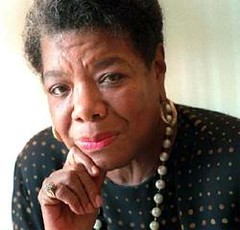
Angelou’s epitaph, which she wrote herself, reads, “I belong to the human race, and the whole race belongs to me.”This epitaph reflects Angelou’s deep commitment to universal human values and her belief in the interconnectedness of all people.
It also serves as a powerful reminder of her enduring legacy as a writer, activist, and voice for social justice.
15. Legacy:
Maya Angelou died on May 28, 2014, at the age of 86. People all around the world are still inspired by and influenced by her legacy as a writer, poet, and activist.
Angelou’s words and work continue to be celebrated through the annual Maya Angelou Poetry Award, which recognizes poets who address issues of social justice and promote greater understanding and empathy through their writing.
Conclusion
In conclusion, Maya Angelou was a remarkable figure in American literature and civil rights activism, whose powerful and lyrical writing continues to inspire and move people around the world.
Despite facing significant adversity throughout her life, Angelou never lost her faith in the power of human resilience and the importance of standing up for what is right.
Her autobiographical works, in particular, have been celebrated for their honesty, empathy, and courage, shining a light on the experiences of African-American women in the United States.
Angelou’s legacy as a writer, poet, and activist are enduring, and her contributions to American culture will be remembered for generations to come.
